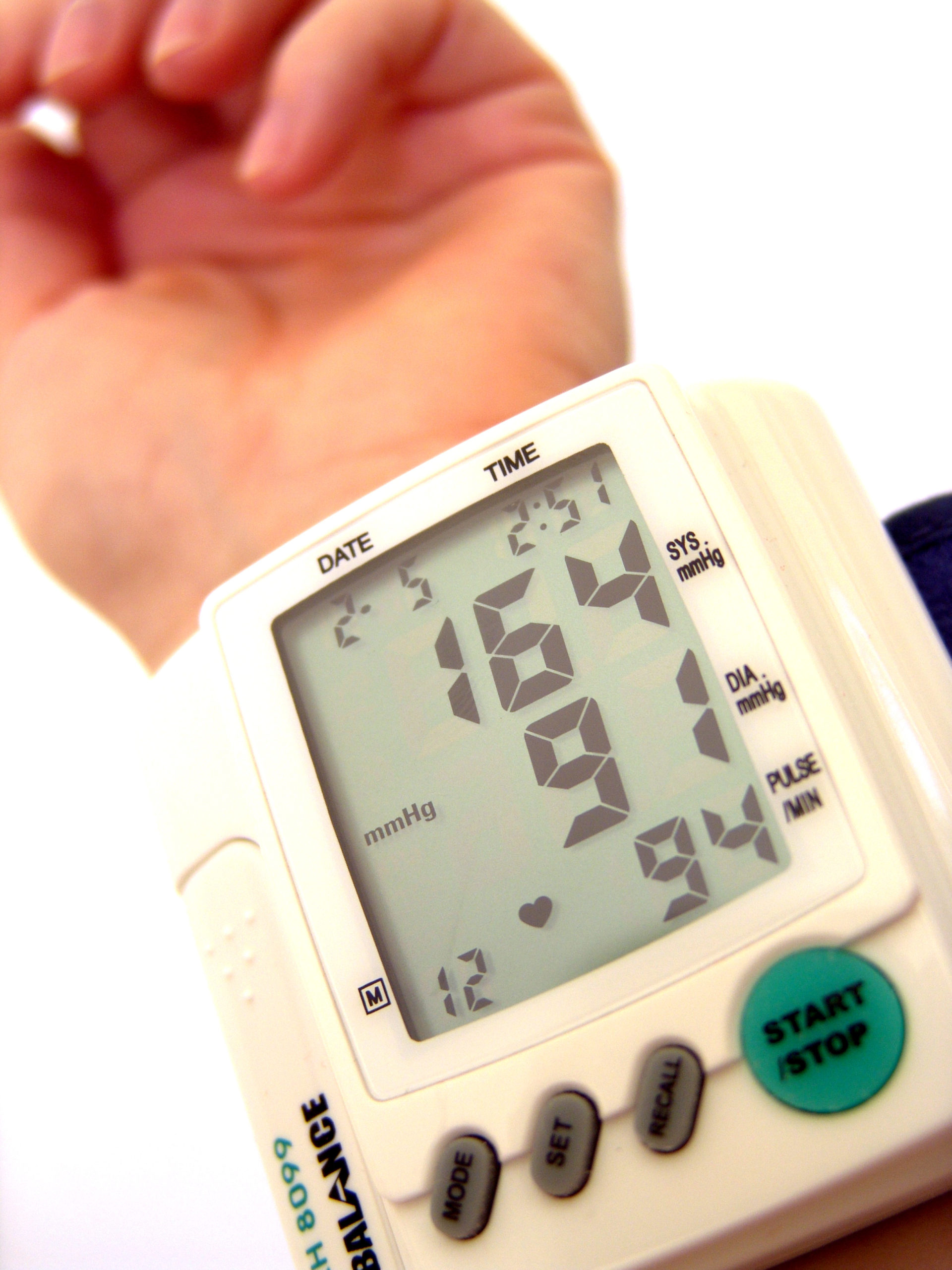Hypertension or High Blood Pressure
Blood carries nutrients and oxygen to every cell of the body. A certain amount of pressure is needed to move your blood through the blood vessels. If the blood flow is decreased, the cells and tissues are deprived of vital nutrients and oxygen. If the blood pressure is too high, this can damage the blood vessels. Hence, it is in our best interest to keep the blood pressure optimal to prevent blood vessel damage.
People with diabetes have a much higher likelihood of high blood pressure (hypertension) than non-diabetics. Hypertension is associated with an increased risk of stroke, heart attack, kidney disease, and diabetic eye disease (Retinopathy).
Checking your blood pressure is the best way of detecting high blood pressure since this condition usually has no symptoms. Occasionally one may have headaches and or dizziness. The condition is often detected when to go to your doctor and have a routine blood pressure check. Generally accepted blood pressure is 130/80mm Hg. The top number is called systolic blood pressure. It is the pressure in your blood vessels when the heart is contracting. The second number is the diastolic blood pressure, and this is the pressure exerted on your blood vessels when your heart is relaxing.
Mostly hypertension is idiopathic, meaning no definite cause is known. Blood pressure can be controlled by
- Exercise
- weight loss
- modifying your diet, avoiding too much salt intake
- decreasing alcohol intake
- stress reduction techniques such as yoga, meditation
- quit smoking
If these lifestyle modifications do not improve or reduce the blood pressure, your doctor would consider adding medications. In diabetics, the drugs most commonly prescribed are Angiotensin-converting enzyme (ACE) inhibitors. There are many drugs in this group, the most commonly used are Enalapril or Lisinopril, but any in this group would be beneficial. These medications not only lower your blood pressure but also help reduce kidney disease. Another BP medication class is the Angiotensin receptor blockers (such as Irbesartan, Valsartan, Omlosartan, Losartan), which have also shown to have similar benefits in diabetics. When these drugs are prescribed initially, your doctor will monitor for any worsening of your kidney function or elevation in serum potassium, which very occasionally occurs with these medications. With the angiotensin-converting enzyme inhibitors, a common side effect that needs to be looked for is a chronic dry cough.
High blood pressure or hypertension, in rare cases, can be due to
- Excess hormone production as in Cushing’s disease, Primary Hyperaldosteronism
- Kidney disease
- Renal artery stenosis
- medications such as birth control pills
Contact Us
The newsletter is only sent if there are any new blogs or articles added.

